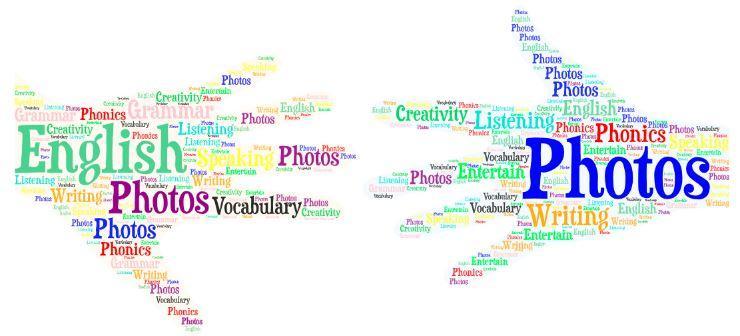Our Champion of English – Poet Priya
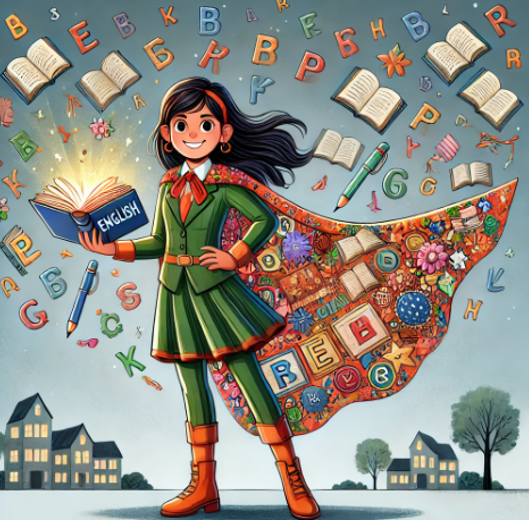
Here are our Knowledge Organisers for this half-term:
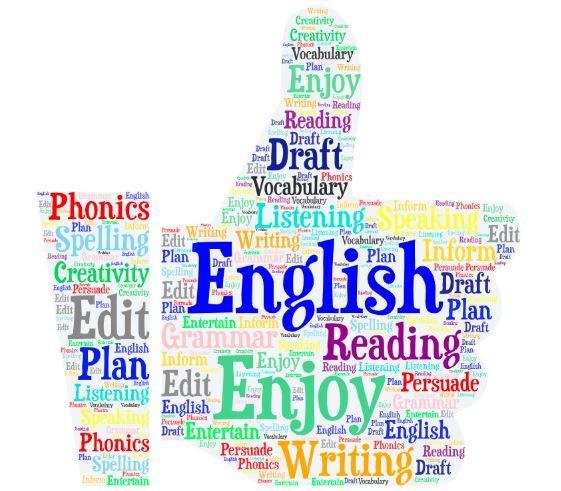
Our English vision is to foster a love of language and literature through the use of quality texts and books; this inspires, excites and engages our children.
Phonics and Spelling
Phonics is planned across the Early Years Foundation Stage (EYFS), Key Stage One (KS1) and into Key Stage Two (KS2) where the need arises.
Our approach to learning phonics at Cawston Grange is through using Little Wandle: Letters and Sounds Revised. This programme draws on the latest research into how children learn best, how to ensure learning stays in children’s long term memory and how best to enable children to apply their learning to become highly competent readers. Through daily, systematic and consistent high quality phonics teaching, children learn to blend sounds to read words and segment words to support their spelling ability. It aims to build pupils’ speaking and listening skills through tuning into sounds within spoken words (segmenting) and identifying grapheme and phoneme correspondences in order to support blending skills and develop the ability to read words. It sets out a detailed programme for teaching phonics, with the aim of pupils becoming fluent readers by the end of Year 1.
Any child in Key Stage 2 requiring additional teaching in phonic skills will be supported appropriately in order to close gaps in their understanding and encourage them to reach their full potential.
Please see the ‘Phonics’ page on our website for more information and resources to use at home!
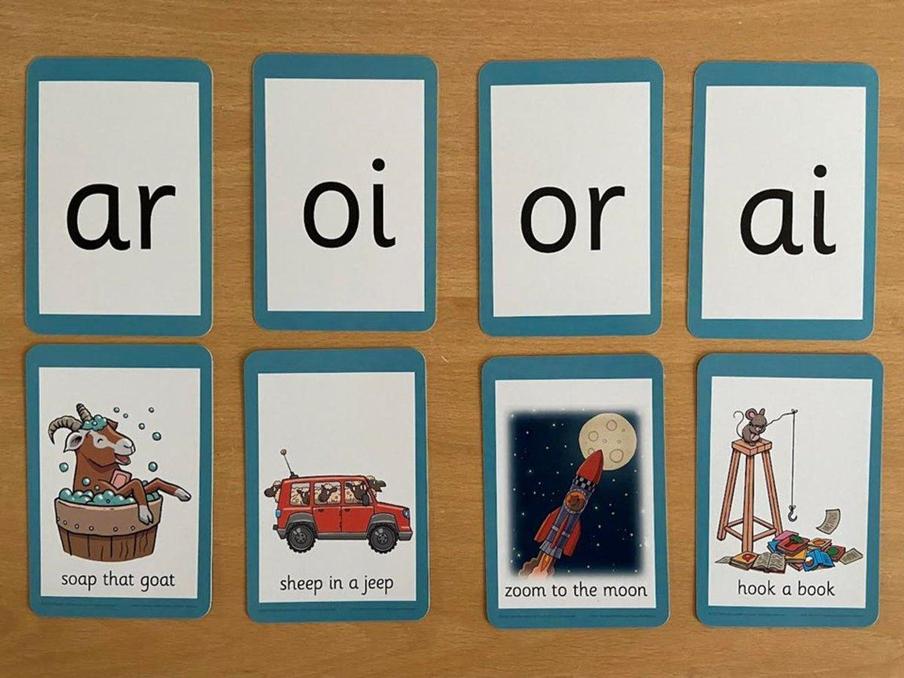
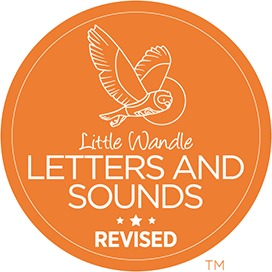
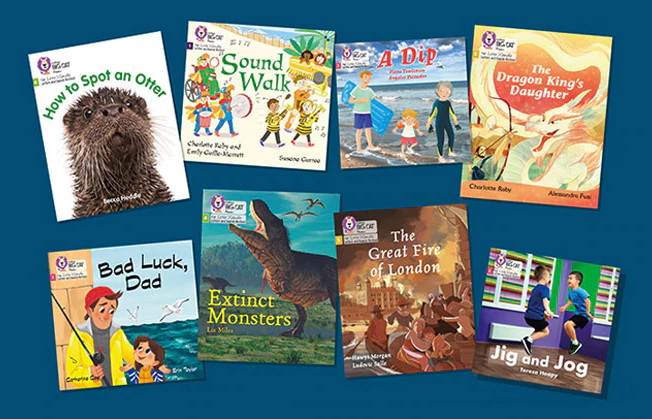
Spelling
Spelling is taught based on a rule a week in Years 1-6. This rule is focused on during discrete teaching sessions and children are tested weekly on differentiated words which follow this pattern. High frequency word tests are done termly for the words in the National Curriculum.
Reading
- We understand the importance of reading as a mechanism for accessing all areas of the curriculum and encourage a habit of reading widely and often.
- Children learn to read easily and fluently through daily phonics lessons in the EYFS and KS1, regular reading to adults in school, reading partners and they are encouraged to read regularly at home.
- Children in the EYFS and KS1 are heard read individually once each fortnight. In KS2 this continues for children who still need this support. Basic skills are given a priority across the school with daily slots. Teachers evaluate the needs of their class and tailor their planning to suit this.
- Reception and Year 1 participate in Reading Practice sessions twice each week to apply their phonic knowledge to reading books. The children are in differentiated groups, each with a different adult (which rotates on a weekly basis). The first reading practice session of the week focuses on decoding (sounding out and blending; recognising ‘tricky words’), and the second session focuses on the prosody and comprehension of the book (developing understanding and expression when reading). The books are matched closely to the children’s phonic knowledge, enabling consolidation and a secure recognition of each sound. The children are allocated this book as an e-book every Friday to read to families at home, as well as ‘shared reader’ books too.
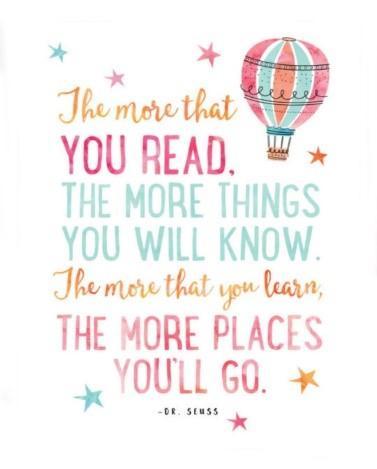
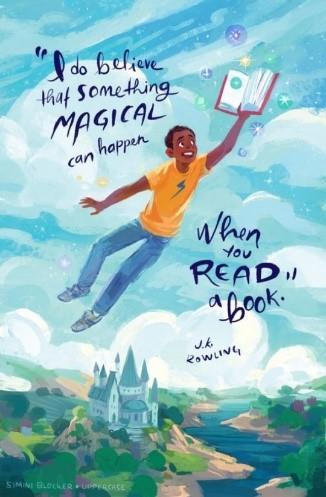
- Whole class reading is planned in for at least three times a week in Years 2-6. Teachers ensure that all of the reading domains are covered in this way. The whole class text is linked where possible to the theme for the English lesson, to make it more meaningful.
- We use a variety of texts designed to evoke enthusiasm and interest, as well as to develop understanding. Forging a connection with the text culturally, emotionally, intellectually, socially and spiritually is also promoted. Children are encouraged to take a reading book home from our reading scheme, which is split into coloured book bands, encompassing a variety of genres. They record the books they read on a genres sheet in KS2.
- Pupils also need to read to find information in all lessons and comprehension is assessed in a formal way every term.
- All children visit the library once a week, where they take out one fiction and one non-fiction book. The library is also open every lunchtime for children to browse and change books.
- Book Week promotes the positivity of reading; including the book fair, roving readers, all staff reading their favourite book and storytelling evening in pyjamas.
Click on the link below to find a list of recommended books for your child to read:
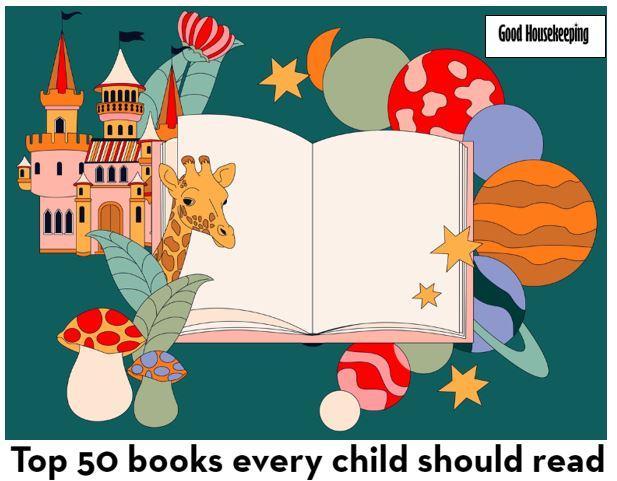
Spoken Language
- We want to inspire children to be confident in the art of speaking and listening and use discussion to communicate and further their learning.
- We encourage our pupils to speak clearly and confidently and articulate their views and opinions.
- We teach that children need to express themselves orally in an appropriate way, matching their style and response to audience and purpose. Paired, group and whole class discussions regularly happen in most lessons.
- We plan in activities which encourage full and active participation by all children, irrespective of ability.
- School Plays, class debates, class assemblies, poetry recitals, Junior Leadership Team, talk partners, drama and role play, PSHE and Circle Time, sharing learning, Storytime sign-up and presenting a practised piece to the class are all ways in which we develop children’s spoken language.
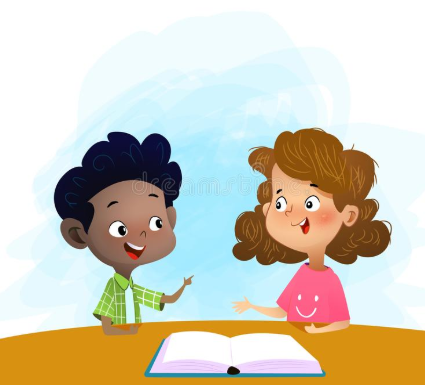
Writing
- We recognise the importance of nurturing a culture where children take pride in their writing, adapting their language and style for a range of contexts.
- We plan for children to develop the stamina and skills to write at length, using accurate spelling, punctuation and grammar.
- Children are exposed to high quality texts, modelling and shared/ collaborative writing to demonstrate good practice.
- We provide writing frames to support where needed and allow time for planning, editing and revising.
- Children evaluate their own writing using success criteria to self-assess or peer-assess.
- Extended pieces of independent writing are marked using a system across the school, looking for effective examples of Vocabulary, Conjunctions, Openers and Punctuation.
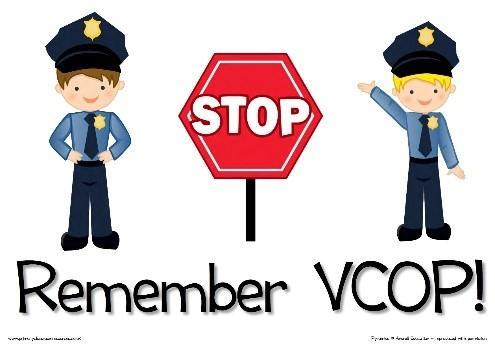
Handwriting
- Handwriting is taught at least three times per week, following the Nelson scheme.
- Letter formation and joins are modelled by the teacher and then applied in the children’s books.
- Children earn their handwriting pen licence when they join correctly and consistently. This is a celebrated occasion with a visit to the head teacher.
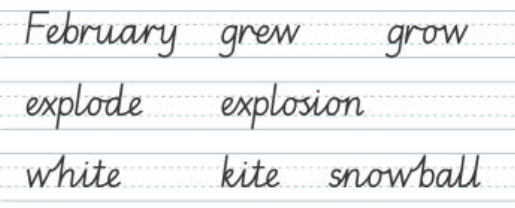
English Policy
Here is our Cawston Grange Long Term Plan, so you can see what we learn about in each year group:
National Curriculum for English
